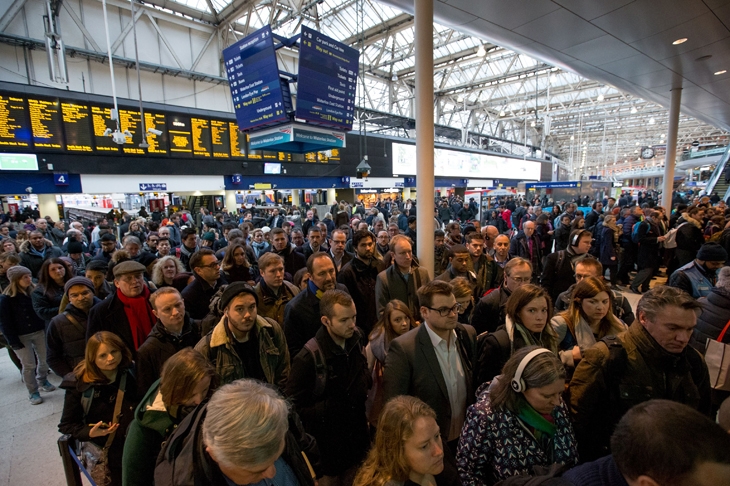From supermarkets to superyacht builders, sales figures are remarkably buoyant: consumer debt may be rising too, but no one can say the New Year economic mood is markedly downbeat. This column feels obliged to find something on the horizon to worry about, however, and my telescope is focused on inflation.
If deflation was a real threat to developed economies in recent years, the pendulum is now swinging the other way. UK inflation is expected to hit 3 per cent by late 2017, what with higher import costs generally thanks to the weak pound, fuel-price rises as a result of Opec’s effort to restrict oil production, the pass-through to consumers of higher business rates in London and the south-east, and higher rail fares for no good reason at all. Wages are unlikely to keep pace — except of course for those at the top of the income scale, fuelling inequality arguments and encouraging Corbynite union leaders, emboldened by their success at Southern Rail, to make mayhem.
Globalisation will amplify the trend. In the US, the Fed is warning that Trump’s promised tax cuts and fiscal stimuli will boost prices as well as growth. In China, inflation was actually a touch lower than expected in December, at 2.1 per cent — vegetables fell, though pork rose — but surging commodity markets signal momentum ahead.
In Germany, inflation has reached 1.7 per cent while frugal citizens watch with growing irritation the erosion of their savings as a result of European Central Bank policies designed to ease the debt burden of profligate southern euro members: inflation is about to join migration as a critical strain on the European project.
Low single-digit price rises hardly seem a cause of woe when we recall the wild double–digit spikes of a generation ago.









Comments
Join the debate for just £1 a month
Be part of the conversation with other Spectator readers by getting your first three months for £3.
UNLOCK ACCESS Just £1 a monthAlready a subscriber? Log in